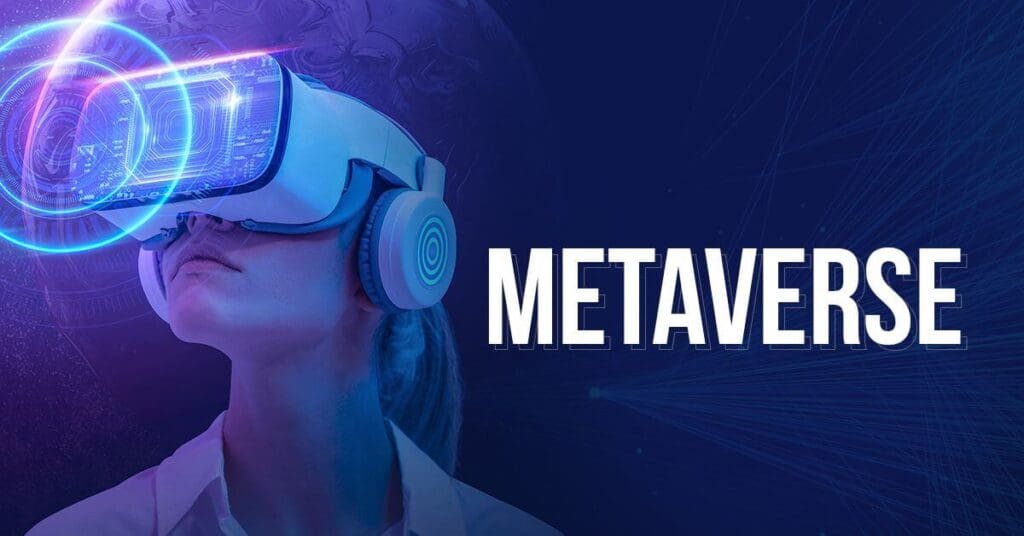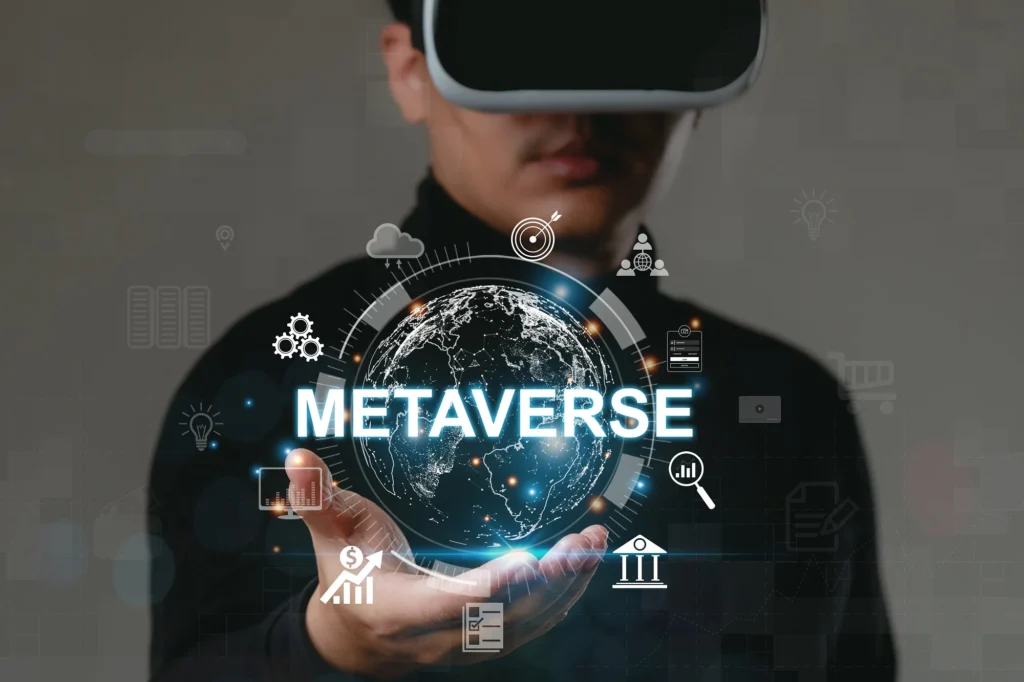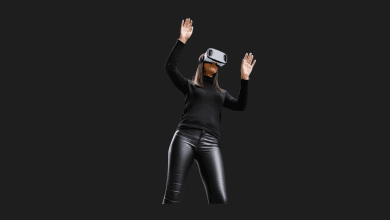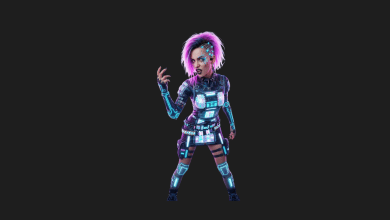Rules and Regulations in the Metaverse

The Metaverse, as a collective virtual shared space created by the convergence of virtually enhanced physical reality, augmented reality (AR), the internet, and virtual reality (VR), is governed by a mix of existing laws, new regulations, and community standards that vary depending on the platform, the type of interactions, and the jurisdictions involved. Here’s an overview of the types of rules and regulations that might apply:
1.Intellectual Property Rights

- Copyrights and Trademarks: Users and creators in the Metaverse must respect copyright and trademark laws, avoiding the unauthorized use of copyrighted material or trademarks.
- Content Creation: Platforms may have their own policies to protect the intellectual property rights of content creators, including mechanisms for reporting and removing infringing content.
2.Privacy and Data Protection

- Personal Data: Regulations like the General Data Protection Regulation (GDPR) in the European Union and the California Consumer Privacy Act (CCPA) in the United States apply to personal data collected in the Metaverse.
- Surveillance and Data Harvesting: Users have rights concerning their data, including the right to know what data is collected and how it is used.
3.User Safety and Content Moderation

- Harassment and Abuse: Platforms typically have rules against harassment, abuse, and other forms of harmful conduct. Enforcement can include moderation tools and reporting mechanisms.
- Age Restrictions: Certain areas or activities in the Metaverse may have age restrictions to protect younger users from inappropriate content.
4.Commerce and Virtual Economies

- Transactions: Buying, selling, and trading virtual goods or real estate are subject to platform rules, taxation laws, and in some cases, regulations governing digital currencies.
- NFTs and Blockchain: The use of non-fungible tokens (NFTs) and blockchain technology introduces additional layers of regulation, including copyright law, contract law, and potential financial regulations.
5.Behavioral Standards and Community Guidelines

- Code of Conduct: Platforms establish their own codes of conduct to foster positive interactions and communities. These can include guidelines on speech, behavior, and the creation of content.
- Enforcement and Dispute Resolution: Platforms may use a combination of automated systems and human oversight to enforce rules, along with mechanisms for users to appeal decisions or resolve disputes.
6.International and Jurisdictional Challenges

- Jurisdiction: The global nature of the Metaverse means that activities may be subject to laws in multiple jurisdictions, complicating enforcement and compliance.
- Cross-Border Data Flows: International data transfers are regulated under laws like GDPR, affecting how data is stored and accessed across borders.
7.Accessibility and Inclusivity

- Accessibility: Regulations such as the Americans with Disabilities Act (ADA) in the U.S. may apply to virtual environments, ensuring they are accessible to people with disabilities.
- Inclusivity: Platforms are increasingly recognizing the importance of inclusivity in virtual spaces, adopting guidelines to support diverse communities.
As the Metaverse evolves, we can expect further development of regulations and standards tailored to its unique challenges.
These will likely address emerging issues related to identity, digital ownership, and the blending of physical and virtual worlds. Additionally, collaboration between governments, tech companies, and civil society will be crucial in shaping an inclusive, safe, and innovative Metaverse.









